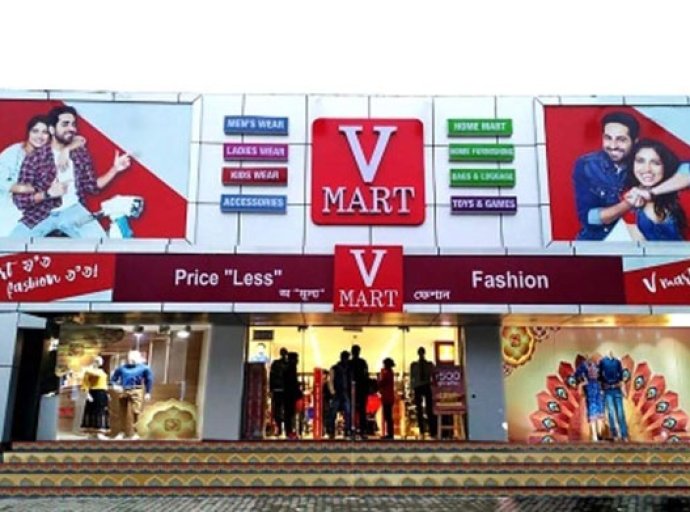Just like every dark cloud has a silver lining, the pandemic has brought out some positive changes in the society. As per a Vogue report, the crisis has compelled people focus on fitness, leading to a spike in demand for activewear. A report by Research and Markets indicates, since the last decade, India’s activewear market has been growing at a steady pace. Growth outperformed other segments including fast fashion, ethnic wear and formal footwear during the pandemic. It is expected to reach Rs 997.8 billion by 2024.
The customer base for India’s activewear is likely to reach 100 million in the future, says Krishna Chandak, Co-founder, Tego, a performance lifestyle label launched in 2016. Minu Margeret, CEO, BlissClub explains, the pandemic created an opportunity not just for international activewear labels but also their domestic counterparts.
Buyer-centric brands winning over customers
Brands being sensitive to consumers’ activewear-related concerns and offering solution-based collections are winning over buyers, points out Chandak. These brands are tapping into their own shopping experiences to launch innovative activewear solutions. For instance, Margeret conducts regular extensive R&D and surveys amongst consumers to offer an extremely comfortable activewear range.
Another new entrant Ochre Athletica offers activewear designed for training purposes. Co-founded by athletes Radhika Shanker and Aditi Kakkar, the brand offers soft, comfortable clothes by eliminating clumsy rolling waistbands, thin fabrics and dull and mundane colors and styles and focuses on offering standardized sizing for Indian customers.
Brands opting for high-performing styles
Several homegrown brands are now working with high-performance fabrics, with sizing and crossfit-to-café styles, says Chandak. Tego launched a range of timeless, design-driven and function range distilled head-to-toe gear. Brands are also introducing styles that can be worn across occasions. For instance, Suntraquare launched fun tie-dye leggings and sports bra sets while Pace Active launched functional-yet-fashionable styles. Spirit Animal extended its size chart up to 6XL, while fair trade brand Deivee is offering sustainable fabrics. Brands are also adopting fabrics customized for Indian weather conditions offering ease of movement and durability. They are opting for fabrics with moisture wicking, air permeability and antimicrobial formulation properties. For instance, Dancer Sanjana Masand’s brand Seeq works with the Contour Weave made from quick drying yarns enabling a four-way stretch. Margeret’s brand is working on a new maternity leggings range with deep pockets, ankle length and foldable waistbands.
Growth impediments
However, even though the activewear segment holds a lot of promise, there are numerous growth challenges. For instance, it lacks support from manufacturers. Activewear makers in India do not source sustainable fabrics due to lack of demand. They need to focus on offering a conscious activewear to customers, says Shankar.
The lack of premium specialty sports stores across the country also prevents brands from being sustainable. Such stores help activewear brands deliver customers an opportunity to touch and feel their products before buying them. Hence, opening such stores should be a priority for activewear brands, adds Chandak.

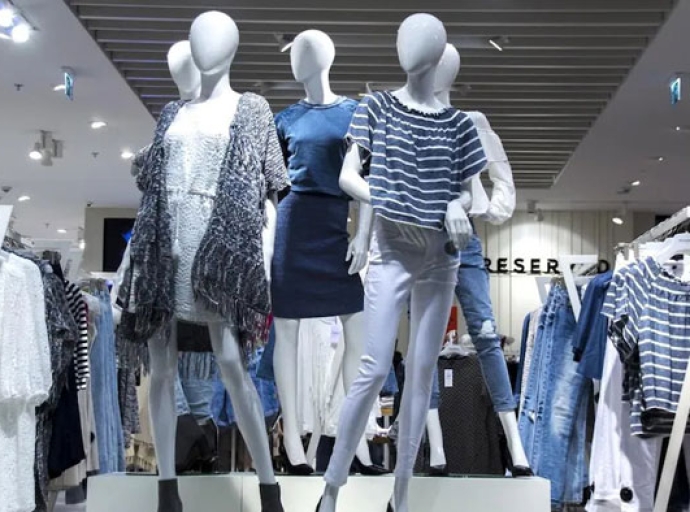


_large.jpeg)
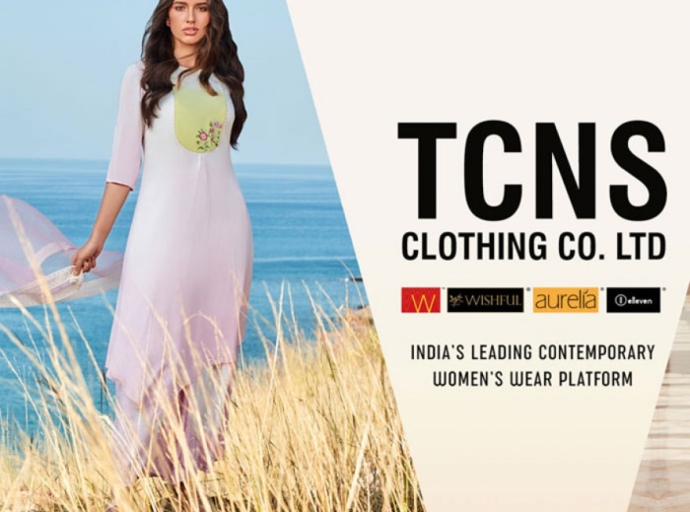
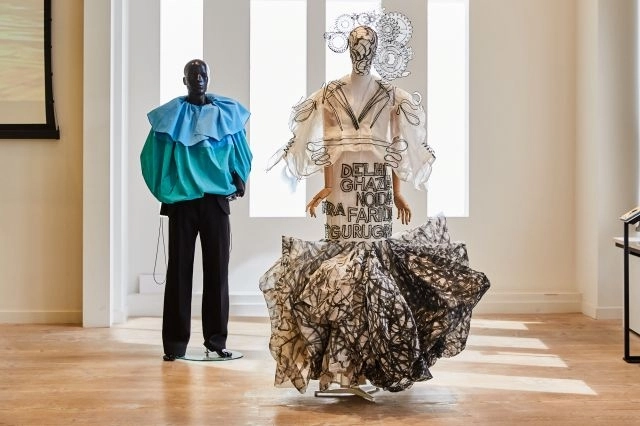

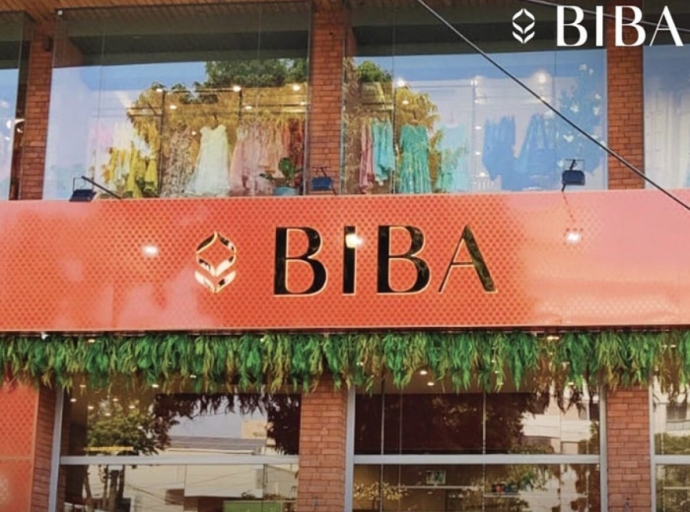
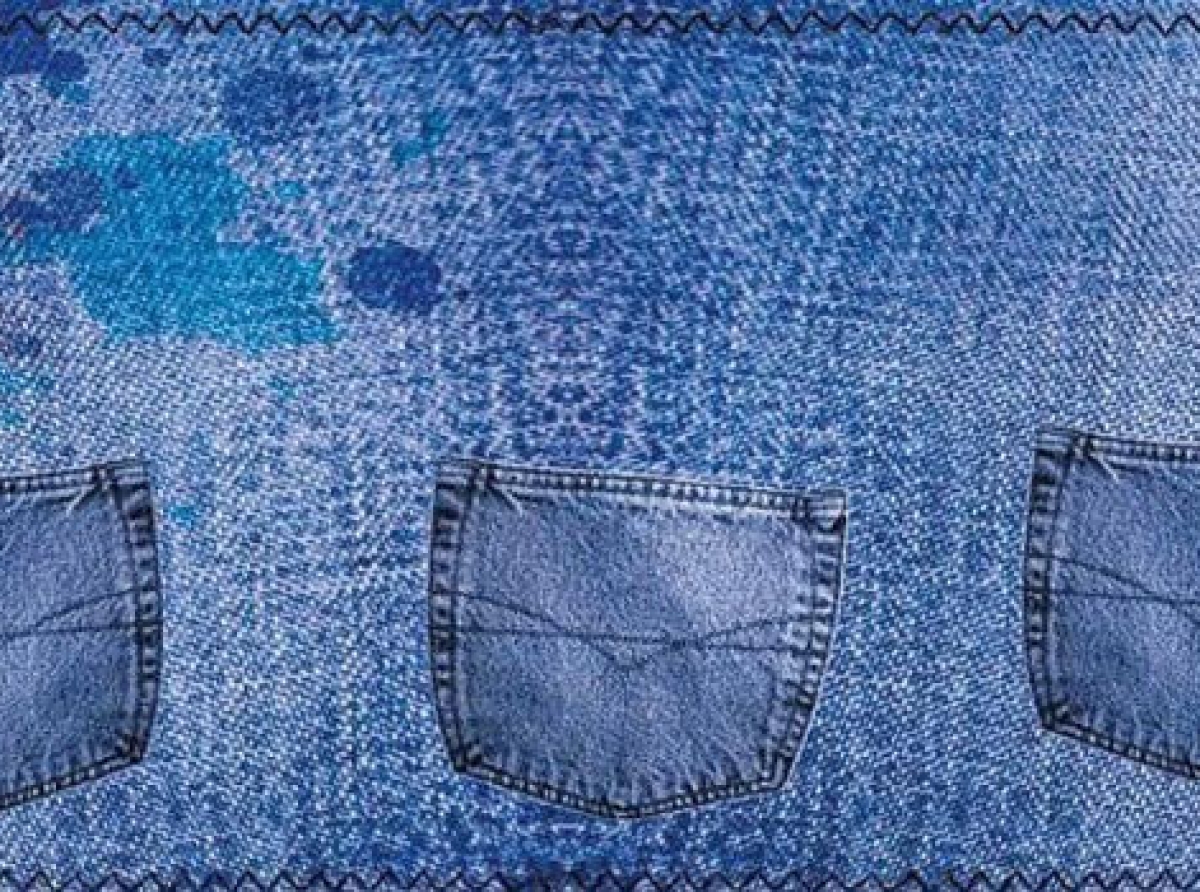
_thumbnail.jpg)
_thumbnail.jpg)
